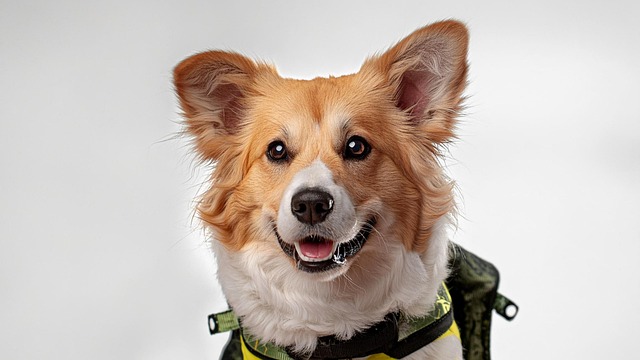
How do i train my dog to be obedient?
Watching your dog dart across the park ignoring your calls isn’t just frustrating—it can put them at risk near busy streets or public spaces.
Ever come home to your couch cushions massacred or find your terrier endlessly pacing your Chicago apartment? That’s often boredom talking – and it’s your cue to level up from physical walks to canine mental enrichment. Dogs aren’t just bodies needing exercise; their brains crave challenges too. Think of it like this: a 30-minute sniffari where your beagle decodes neighborhood scents tires her mind more than a 60-minute leash march. Neuroscience shows mental stimulation lowers stress hormones, prevents destructive habits, and builds confidence. For high-drive breeds like Border Collies or clever mutts in small spaces, this isn’t luxury – it’s essential welfare.
Ready to engage that furry noggin? Start simple with scent-based games. Hide kibble in muffin tins covered with tennis balls (a DIY puzzle toy!) or scatter treats in a rolled-up towel. For apartment dwellers, "find it" games turn 500 sq ft into a safari: let your pup watch you hide a treat behind the sofa leg, then command "Search!" Gradually increase difficulty by hiding items while they wait in another room. Food-dispensing toys like Kongs stuffed with frozen pumpkin and kibble offer hours of licking calm – perfect for rainy Seattle days. Rotate toys weekly to prevent boredom; novelty sparks curiosity. Teach new tricks in micro-sessions: "spin," "paw," or "touch" (nose-to-hand targeting) using positive reinforcement games with pea-sized chicken rewards. Keep sessions under 5 minutes – tired brains learn poorly!

Living responsibly means blending fun with community awareness. Always use force-free methods: yelling at a frustrated dog failing a puzzle violates modern animal welfare standards. If your golden retriever barks at a tricky toy, calmly reset the challenge instead of scolding. Heading to a Dallas dog park? Bring interactive toys but avoid disrupting others – don’t let your pup snatch balls from shy dogs. Remember core legal duties: ensure rabies vaccines are current (non-negotiable in all US states), and carry waste bags during outdoor brain games. Scooping immediately isn’t just polite; Austin fines hit $500 for violations. In apartments, dampen noise: choose quiet puzzles over squeaky toys during quiet hours, and reward calm post-activity settling.
Truly effective brain games meet instinctive needs. Nose-work classes mimic hunting; digging boxes satisfy terriers; frozen broth cubes cool Phoenix pups while engaging tongues. Notice your dog’s quirks – does she love shredding? Give her a cardboard box with crumpled paper and hidden treats instead of your slippers! Struggling? Certified trainers (find CCPDT members) offer virtual consultations to tailor activities.
Investing 15 minutes daily in mental workouts prevents destruction, deepens bonds, and creates a happier, quieter companion. That’s smarter living – for both ends of the leash.

Watching your dog dart across the park ignoring your calls isn’t just frustrating—it can put them at risk near busy streets or public spaces.

New puppy owners often find themselves rushing to clean up accidents before they set in, and that’s where puppy pad training becomes a game-changer.

If you've noticed your dog's waistline disappearing and your veterinarian has mentioned those few extra pounds, your first instinct might be to simply reduce the amount of food in their bowl.

Training a dog to use a designated spot indoors isn’t as daunting as many new owners fear, but it does take consistency and an understanding of your pet’s needs.

That moment of dread on a walk is all too familiar for many new dog owners. You see another dog approaching down the sidewalk of your neighborhood

If the sight of another dog on your neighborhood walk makes your heart sink as your own dog erupts into a frenzy of barking and lunging, you're not alone.